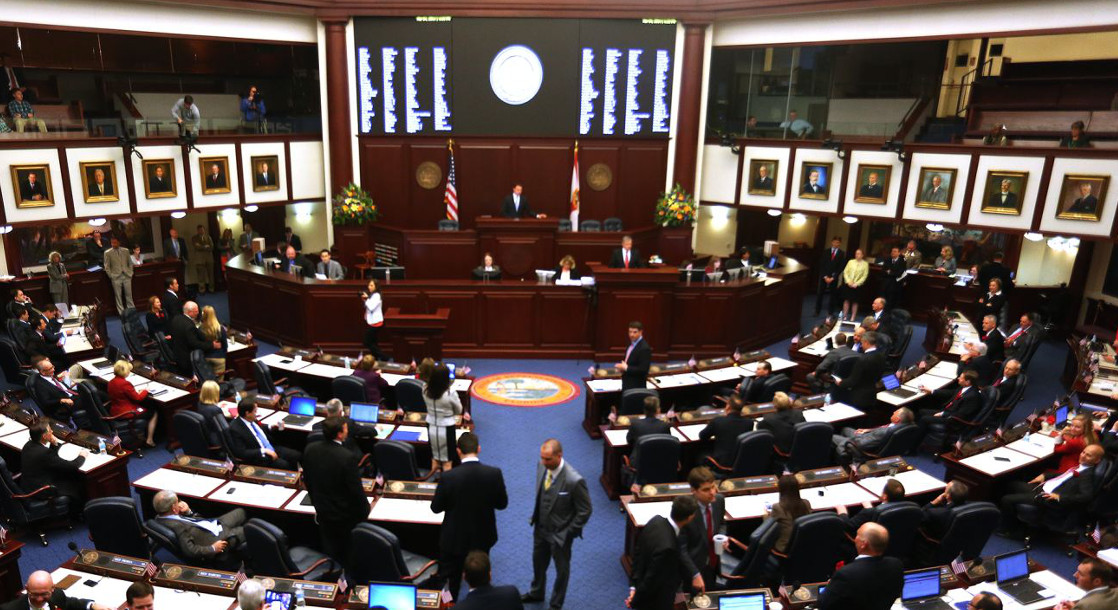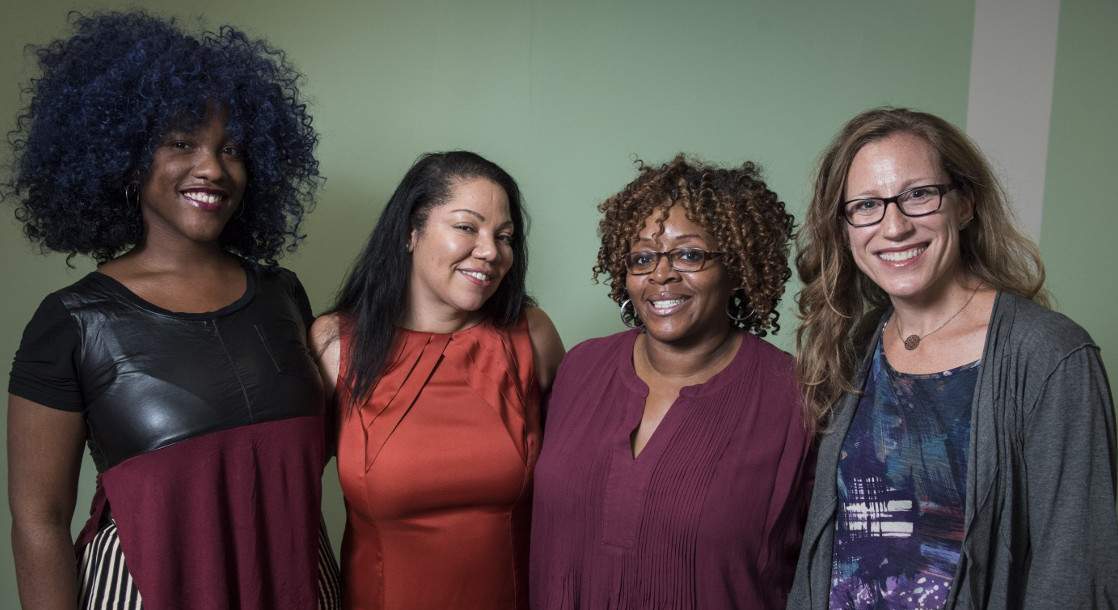It appears the Florida Legislature has finally reached a deal on how to implement the state’s medical marijuana program, with plans to remedy the issue this week during a three-day special session.
According to reports, a new medical marijuana bill, which has already been negotiated between the House and the Senate, is set to go before legislative forces starting on Wednesday. The goal is to make good on Amendment 2, which was approved last year by 71 percent of the voters, and put the state closer to providing medical marijuana for seriously ill Floridians.
Some of the latest predictions show that Florida’s medical marijuana program could service as many as 500,000 patients.
“Our constitutional duty is to ensure the availability and safe use of medical marijuana in the manner prescribed by Florida voters,” Senator Rob Bradley, who took the lead in the negotiation process, said in a statement. “This patient-first legislation will expand access to this medicine, while ensuring safety through a unified regulatory structure for each component of the process from cultivation to consumption.
“The bill will be consistent with the Senate goal of increasing the overall number of [license holders] that provide medicine to patients,” he added. “Additionally, this bill will enhance research opportunities that will allow scientists and physicians to study and improve this medicine, while gaining a better understanding of its effects.”
Unfortunately, the new legislation still does not allow patients to smoke marijuana. Both chambers remain in agreement that people who use cannabis for its therapeutic benefits should only be able to consume the herb through edibles and vaporizers.
However, John Morgan, the Orlando attorney who spearheaded the state’s medical marijuana campaign, said in a recent column that he would be “suing the state to allow smoke,” because “it was part of [his] amendment.”
The latest proposal also expands patient access. In addition to a variety of conditions, including “cancer, epilepsy, glaucoma, HIV, AIDS, post-traumatic stress disorder, ALS, Crohn’s disease, Parkinson’s disease, multiple sclerosis or other, similar conditions,” lawmakers have agreed that terminally ill patients, as well as those suffering from chronic pain due to one of the qualified conditions should also be permitted to use medical marijuana. Yet, the bill does not allow “chronic pain” to qualify a patient for participation in the program.
Lawmakers have also agreed to allow 10 new cultivation licenses – which could end up being more depending on the number of registered patients. The proposal calls for four additional licenses to be issued for every 100,000 patients, with each grower restricted to open up to 25 dispensaries. However, these license holders would be allowed to open up an additional five dispensaries for every 100,000 patients, according to the Sun Sentinel.
There is a great deal of pressure on the state legislature to come to terms on this deal, and lawmakers are expected to vote on the medical marijuana bill by the end of the week.











